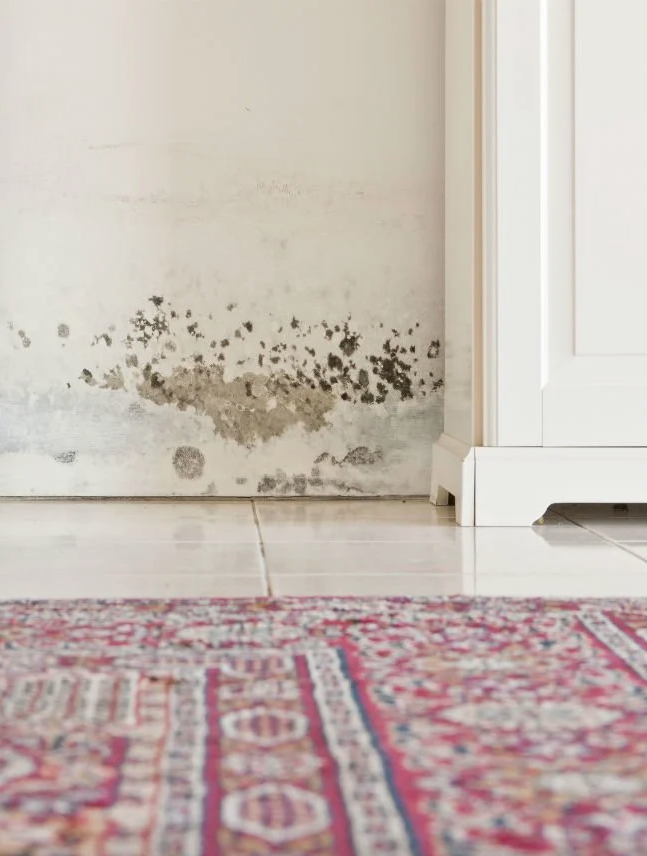The Effects of Mold Exposure to Human and Animal Health

Are you worried about the effects of mold exposure on you and your loved ones?
 Photo By: Stock Images
Photo By: Stock Images
If so, you should know that in most cases, common mold species are harmless and shouldn’t be a cause for concern for an individual with a clean bill of health. However, others — particularly those who already have existing health problems — may have greater sensitivity to being exposed to these fungi. There is a relationship between mold growth and your health, so be sure to learn the facts about it.
Effects of Mold on Human Health and Well-being
If you have preexisting health issues, such as allergies or asthma, mold exposure can affect you more than those who do not have them. If you get exposed to certain types of mold, you may experience symptoms, including skin rashes, itchy skin, eye irritation, acute cough, runny nose, and congestion. In addition, if you are suffering from an underlying lung disorder or immunocompromised, your risks for developing severe illness from mold exposure are higher.
Effects of Mold on Animals
Can mold affect my pets? This is a common concern among pet owners or those who raise livestock. Unfortunately, mold infestation has the potential to cause harm to animals as well. While most mold species are harmless, some species, such as toxic black mold, can cause severe illnesses, or worse, death to humans and pets alike. When your pets accidentally ingest mold, it is best to immediately bring them to a veterinarian. The vet can evaluate their condition early on and determine whether your pets have consumed toxic mold or not.
Moderate to Severe Mold Exposure Side Effects
Moderate to severe side effects of acute and prolonged mold exposure include fever, fatigue, flu-like symptoms, frequent nose bleeds, presence of blood when coughing, headaches, dizziness, diarrhea, liver damage, and vomiting. Severe adverse reactions are typical among individuals who work in occupational settings where they may be exposed to molds for extended periods.
Microbial Volatile Organic Compounds
Microbial volatile organic compounds (MVOCs) cause health issues in case of extended exposure to mold or toxic mold species. They are produced through the metabolism process of fungi. MVOCs released into the air directly are characterized by a very unpleasant and strong odor, and exposure to these compounds can result in respiratory distress.
Mycotoxins
Some molds produce mycotoxins as a means to defend themselves against bacteria and other types of molds. Mycotoxins may cause fatigue, nausea, headaches, respiratory irritation, and eye irritation.
Final Thoughts
If you or a family member suffers from unusual symptoms or allergy-like reactions, then you should not think twice about setting up an appointment and consulting with your primary healthcare provider. While not all mold species produce deadly toxins, it is always better to err on the safe side. If you suspect the presence of toxic black mold is causing severe symptoms among members of our household, it is best to obtain professional mold removal services immediately. You can avoid costly hospitalizations, house repairs, and save lives simply by obtaining regular mold inspections for your home.








